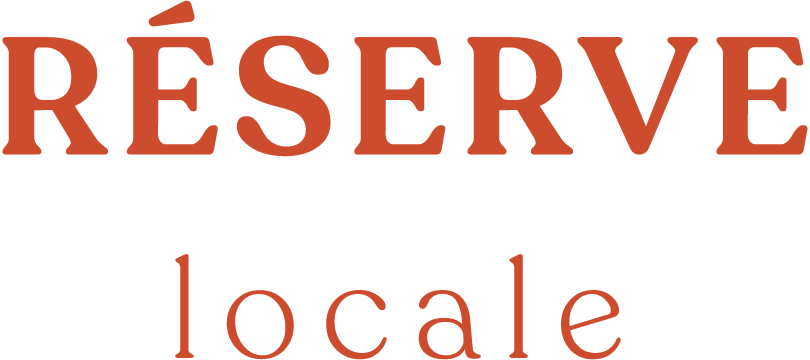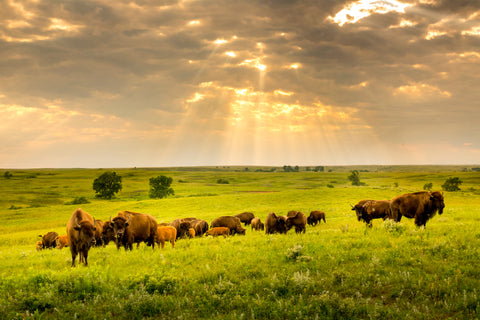Blog

Organic costs more on average. In fact, in more than one family of products in five, organic products have an average price at least twice as high as conventional ones. But do you know why organic costs more?
Paying less for so-called conventional products often leads others to pay the difference...your health, the environment and animals pay the price.
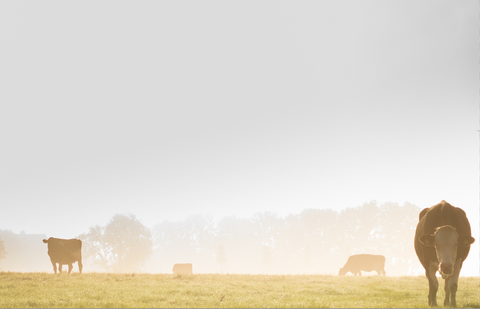
As its name suggests, the ancestral diet is a nutritional plan based on the foods consumed by our ancestors. It is the act of returning to the sources, that is to say nourishing oneself mainly with healthy and natural foods which are little or not processed.
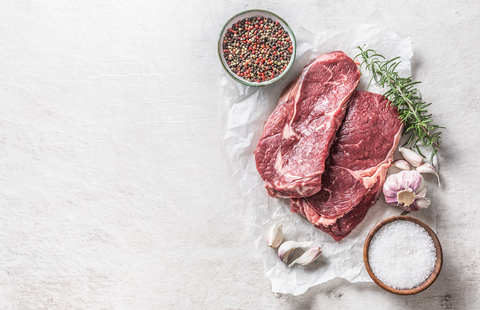
Grass-fed beef tastes different from grain-fed beef. Some will prefer its “leaner” taste, others will find it blander than grain-fed beef. However, the way grass-fed beef is cooked makes all the difference in how it tastes!
Here are 5 tips for properly preparing and cooking your grass-fed beef so that it is as flavorful and tender as possible...

For several years now, beef has had a bad reputation, whether for health or ecological reasons, many meat eaters have swapped beef...

You may have heard the term “grass-fed beef” before, but do you know the difference between conventional beef and grass-fed beef? The difference is enormous for the environment, for animal welfare, for human health...

Regenerative agriculture brings together several agricultural practices that focus on naturally enhancing soil health and quality rather than yield. This method of agriculture encourages living off the land instead of killing other lives for the benefit of just one: that of humans.
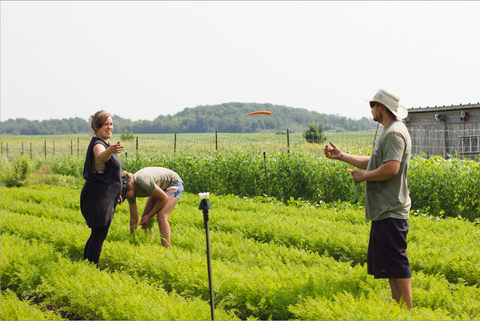
Organic vegetables come from organic farming. This means that these foods do not contain pesticides, chemical fertilizers or GMOs. Eating organic therefore has several benefits, both for our health and for the environment.
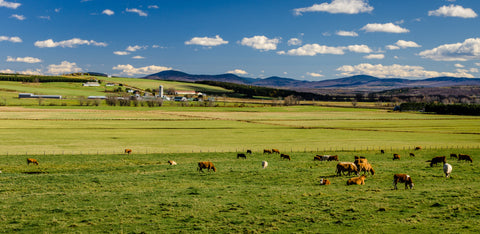
When we talk about responsible consumption, the option of purchasing locally is often mentioned, but too often criticized by many who claim that this mode of consumption is much more expensive.
